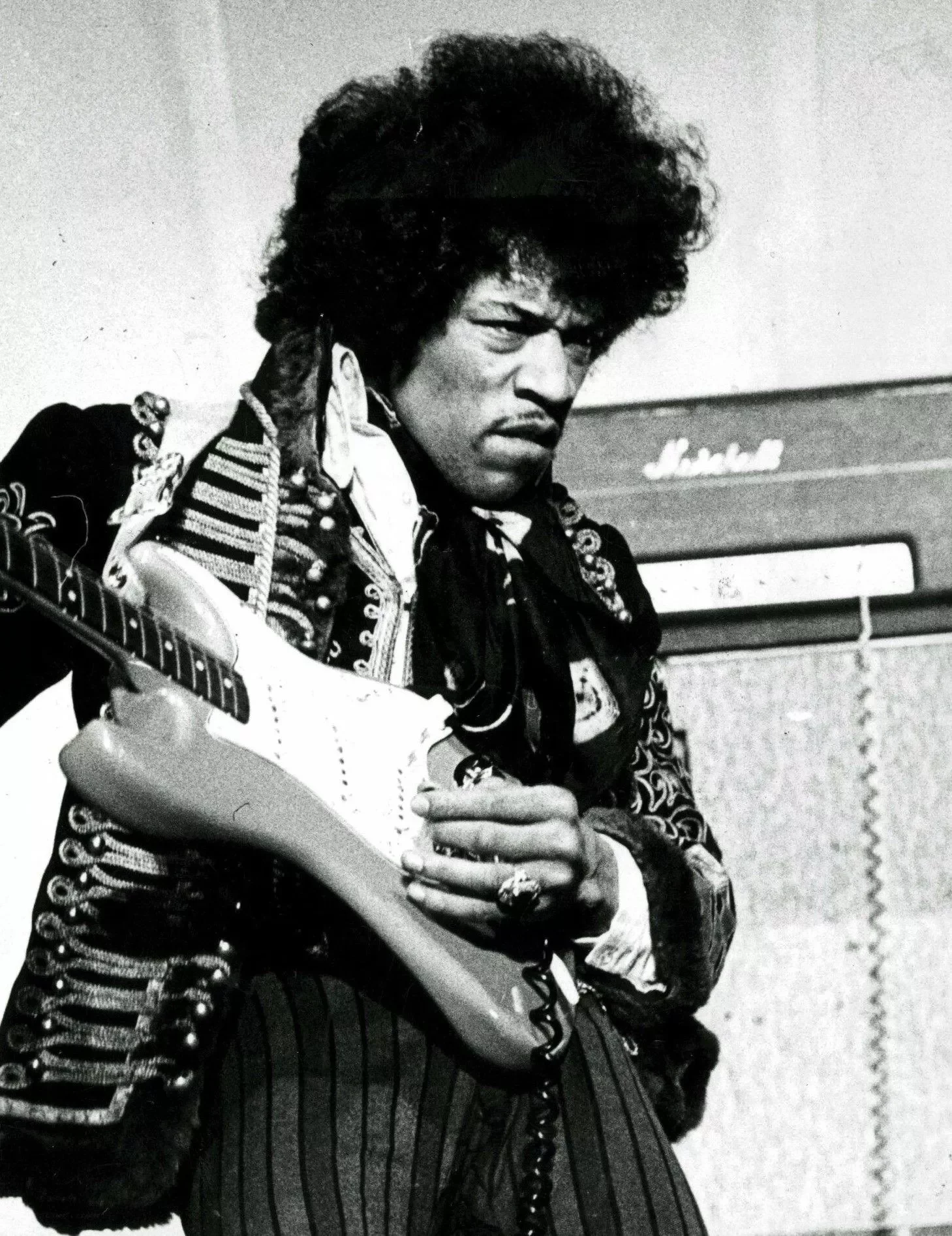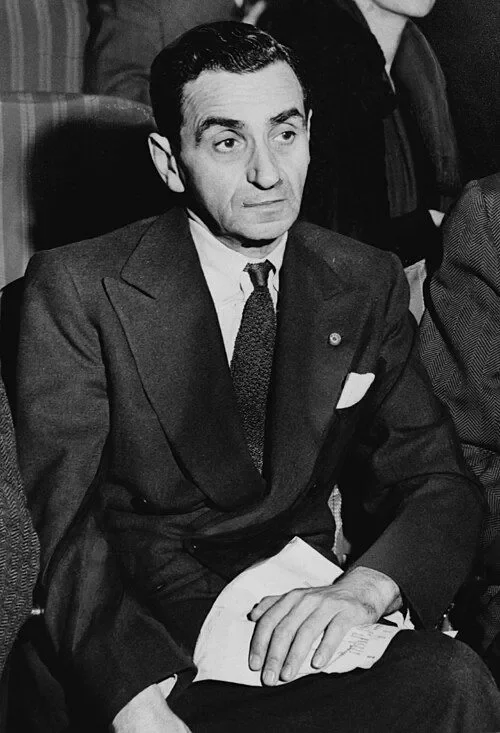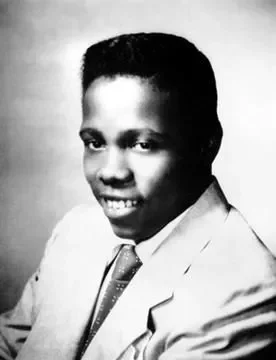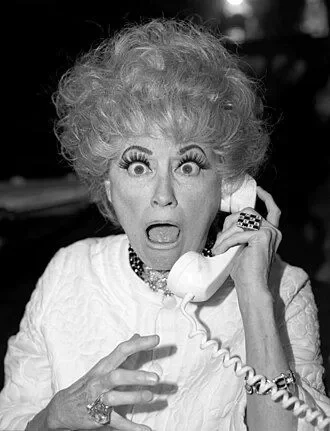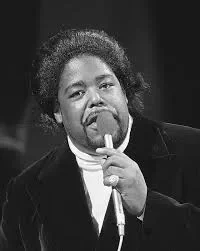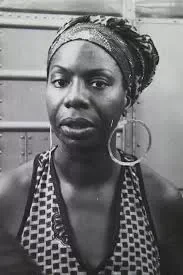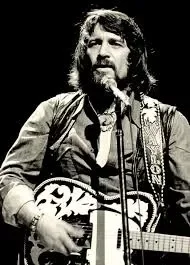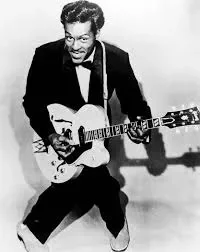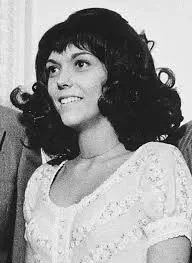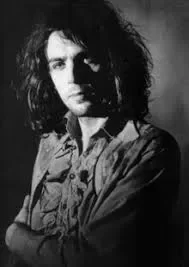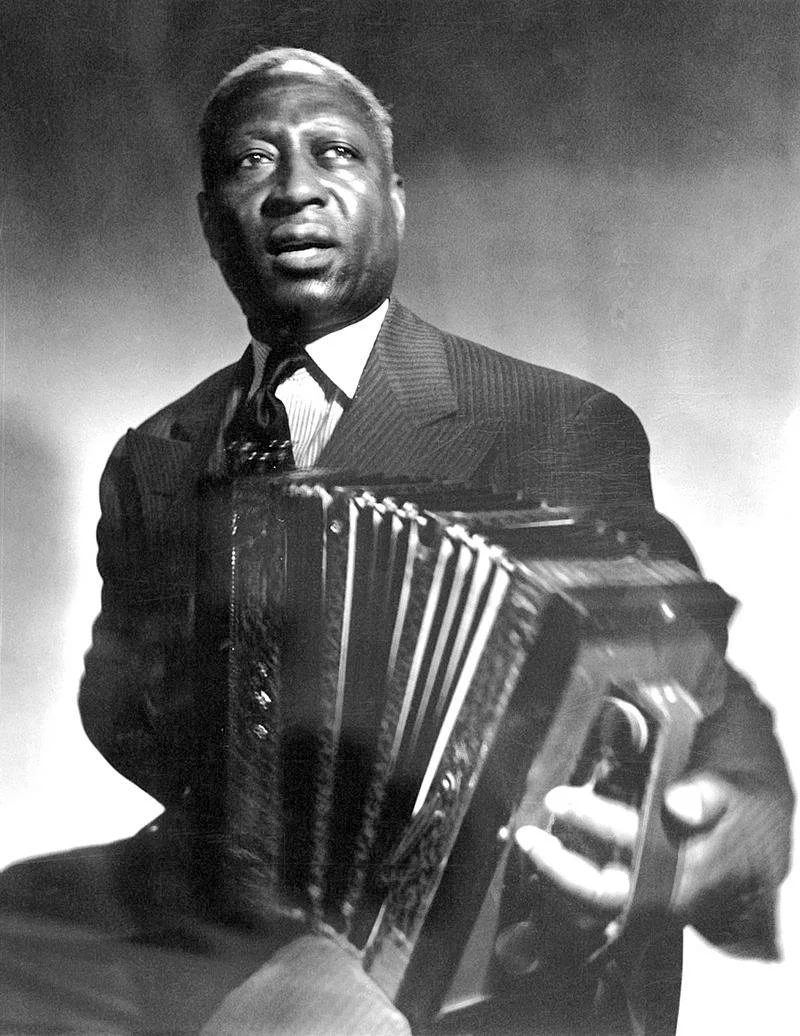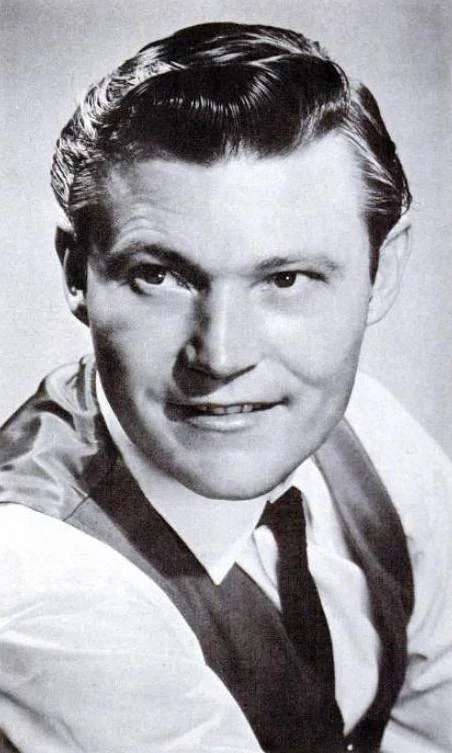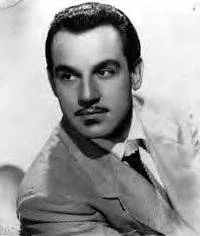Real Celebrities Never Die!
OR
Search For Past Celebrities Whose Birthday You Share
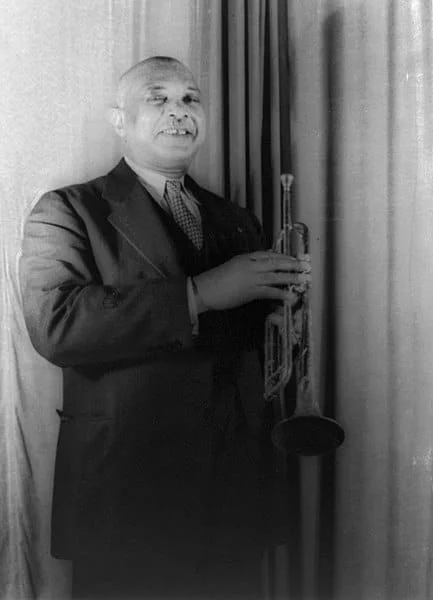
source:wikipedia.org
W.C. Handy
Birthday:
16 Nov, 1873
Date of Death:
28 Mar, 1958
Cause of death:
Bronchial pneumonia
Nationality:
American
Famous As:
Bandleader
Age at the time of death:
84
W.C. Handy's Quote's
Early Life and Background
W.C. Handy was born on November sixteen, 1873, in Florence, Alabama. His parents were Elizabeth Brewer and Charles Barnard Handy, a pastor of a small church. Handy’s grandfather, William Wise Handy, were an African Methodist Episcopal minister after the Emancipation Proclamation.
Childhood and Education
Handy’s teenage years were filled with music, despite his father’s dislike for secular music. His passion for track became clear at a young age, with support from his grandmother. Handy obtained formal schooling at the Florence District School for Negroes for eleven years. He later attended and graduated from the Teachers Agricultural and Mechanical College (now Alabama A&M University).
Personal Life
On July 19, 1898, Handy married Elizabeth Price in Henderson, Kentucky. They had six children together: Lucille, William C. Jr., Katherine, Florence, Elizabeth, and Wyer Owens. Elizabeth passed away in 1937, and in 1954, on the age of 80, Handy married his longtime secretary, Irma Louise Logan.
The Birth of the Blues
Handy’s biggest musical contribution happened during his time in Memphis, Tennessee. In 1909, he wrote a campaign tune called “Mr. Crump,” which he later remodeled into “Memphis Blues” in 1912. This track is widely recognized as the first published blues composition. After the success of “Memphis Blues,” W.C. Handy composed his most famous piece, “St. Louis Blues,” in 1914. The song was a huge success and established Handy as a leading blues composer.
Business Ventures and Later Career
Learning from early economic setbacks, Handy hooked up his personal publishing agency to manage his compositions. He moved his commercial enterprise to New York in 1918 to break out racial hostility in the South. Handy continued to sell blues tune throughout his career. He edited “Blues: An Anthology” in 1926 and organized the primary blues performance at New York’s Carnegie Hall in 1928.
Inheritance and death
Despite many challenges such as losing his eyesight due to a fractured skull in the 1940s, W.C. Handy worked and advocated blues music and published his autobiography “Father of the Blues” in 1941. William Christopher Handy died on March 28, 1958 in New York at the age of 84. His legacy as the “Father of the Blues” lives on. His contributions to American music have been acknowledged with multiple honors, such as having a theater and park named after him in Memphis and a U.S. postage stamp released in his honor in 1969.
Name:
W.C. Handy
Popular Name:
W.C. Handy
Gender:
Male
Cause of Death:
Bronchial pneumonia
Spouse:
Place of Birth:
Florence, Alabama, U.S.
Place of Death:
New York City, New York, U.S.
Occupation / Profession:
Personality Type
Adventurer: Flexible and charming artists, always ready to explore and experience something new. Known for his sensitivity to sound and deep emotional expression through music, Handy’s personality reflects his creative and introspective nature, with a talent for conveying emotion in his compositions.
Handy first encountered blues music by hearing a guitarist play in a Mississippi train station.
Handy was an advocate for Black musicians and composers.
He helped establish Handy Brothers Music Company, one of the first Black-owned publishing companies.
His song "St. Louis Blues" became one of the most recorded songs of the 20th century.
Composed blues standards like “St. Louis Blues,” “Memphis Blues,” and “Beale Street Blues.”
Known as the “Father of the Blues” for his contributions to the genre.
Pioneered the use of blues music in mainstream compositions.
Received honors such as induction into the Songwriters Hall of Fame.

